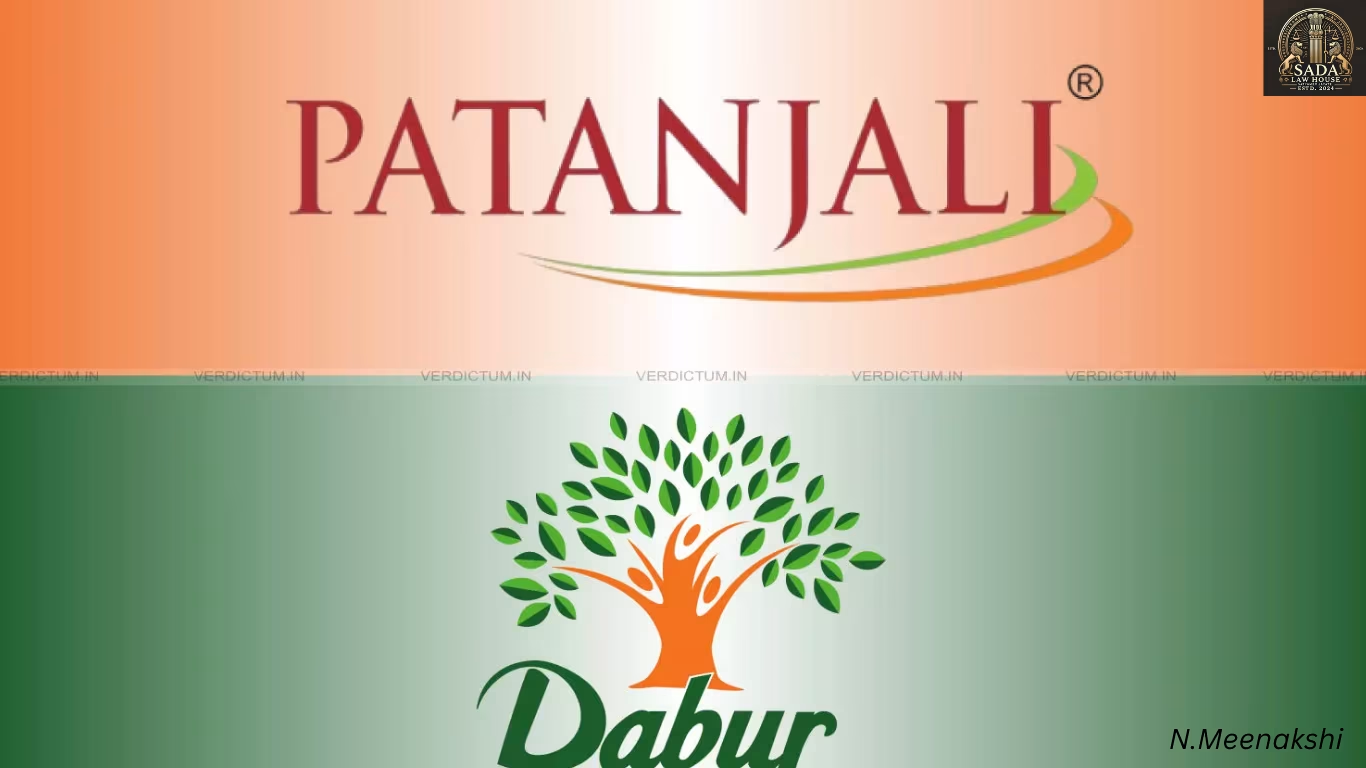Delhi High Court Allows Patanjali to Use ‘Why Settle for Ordinary Chyawanprash,’ Restrains Reference to Dabur’s “40 Herbs”
- Kashak Agarwala
- 26 September 2025

Introduction
The Delhi High Court has partially modified its earlier injunction on Patanjali Ayurved’s advertising campaign for its Special Chyawanprash. While the Court permitted the company to use the phrase “Why settle for ordinary Chyawanprash?”, it prohibited references to Dabur’s “40 herbs”, ruling that such targeted claims crossed into disparagement.
Background
Dabur, which holds over 60% of the Chyawanprash market share, filed a case against Patanjali alleging that its advertisements demeaned Dabur’s products. In July 2025, Justice Mini Pushkarna partly upheld Dabur’s complaint, instructing Patanjali to drop references like “40 herbs” and remove certain graphics, while allowing the campaign in a trimmed form.
Key Developments
Division Bench Ruling: Justices C. Hari Shankar and Om Prakash Shukla upheld the ban on “40 herbs” but allowed Patanjali to retain the larger expression “ordinary Chyawanprash”.
Doctrine of Puffery: The Court reaffirmed that exaggeration in comparative advertising is permissible, provided it does not directly disparage a competitor.
Consumer Perception: The Bench observed that Indian consumers are discerning and unlikely to abandon trusted brands like Dabur solely due to the term “ordinary”.
Issues
Comparative Advertising vs. Disparagement: The key question was whether Patanjali’s campaign was puffery or crossed the line into unfairly targeting Dabur.
Commercial Free Speech: Patanjali argued that the injunction violated its right to commercial speech and limited permissible exaggeration in marketing.
Market Impact: Dabur contended that Patanjali’s campaign misled consumers by suggesting Dabur’s formulations were ordinary or inauthentic.
Current Status
The Division Bench struck a balance—allowing Patanjali to use “Why settle for ordinary Chyawanprash?” but restricting any reference to “40 herbs”, which was directly linked to Dabur’s product. The larger dispute, including regulatory aspects and further disparagement claims, remains pending before the trial court.
Conclusion
The ruling reflects the judiciary’s attempt to strike equilibrium between protecting commercial free speech and preventing misleading or disparaging claims in advertising. While Patanjali secured partial relief, Dabur succeeded in blocking direct references to its product, setting a precedent for future comparative advertising disputes.






